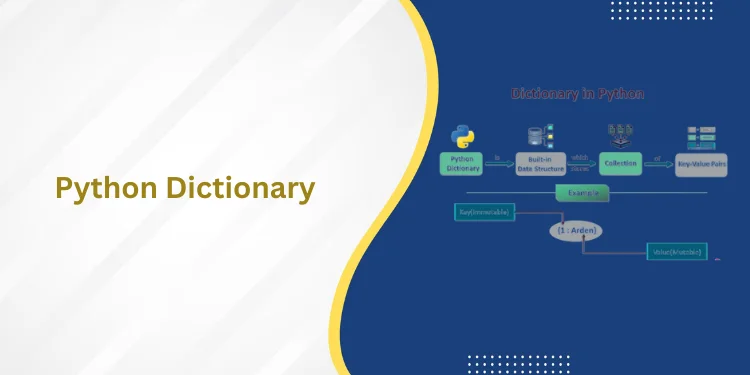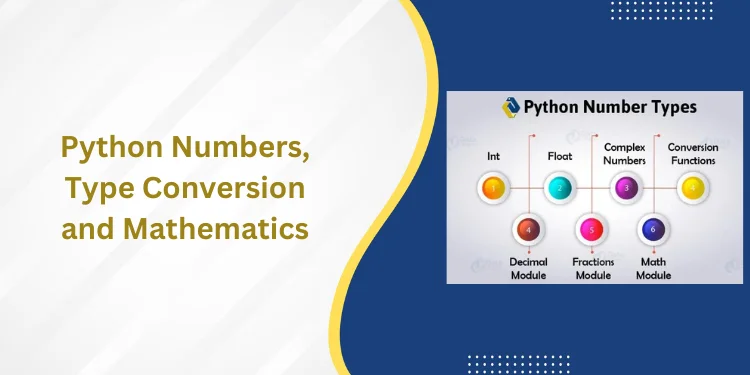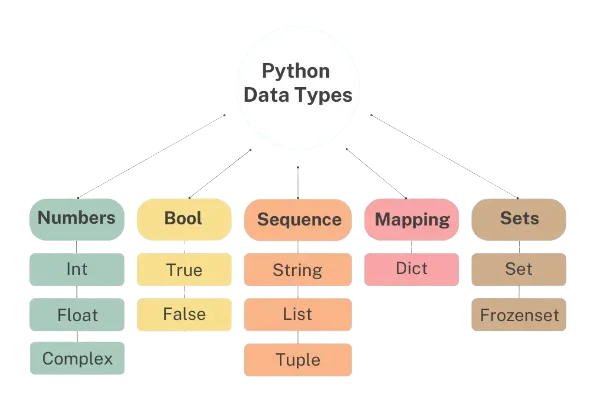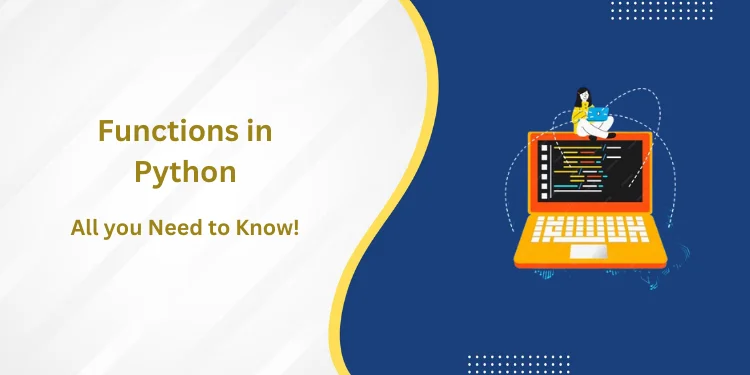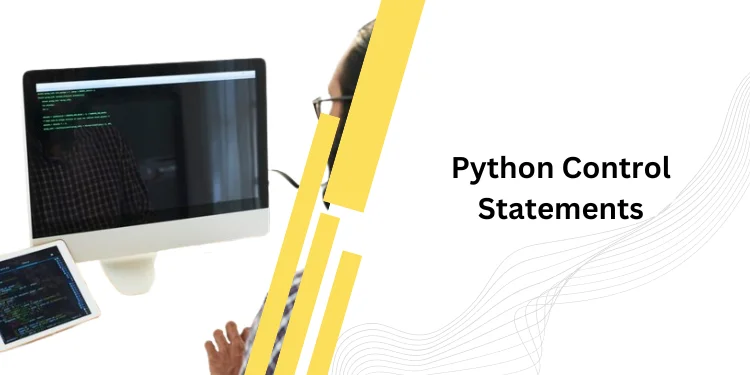Table of Contents
ToggleIntroduction
Are you looking to maximize your skills for data analyst? Data analyst is an essential component of a successful career in the business industry, and an understanding of the different aspects can put you on the right path. Here is an introduction to what makes up data analysis and the skills for data analyst required to become one.
Analytical thinking is a key part of data analysis, as it allows you to break down complex problems into simpler parts so that solutions can be identified quickly and efficiently. To do this properly, your analytical skills must be sharpened and honed with practice. Additionally, problem solving abilities are essential for finding creative solutions from gathered data. Being able to discern relationships between related variables or factors can help you understand how changes in one variable will affect others. As such, problem solving helps with better decision making processes and inferring meaningful conclusions from your results.
Statistical analysis is another big component of data analysis; it involves running tests and collecting data sets to observe patterns, relationships, and trends, which are then used in various ways. Having knowledge of various statistical methods such as linear regression, chi square tests, or tests will help you as a data analyst interpret data more accurately. Data modeling is also needed as it allows us to create models that can then be used for predictions or simulations using certain algorithms and tools such as machine learning or artificial intelligence (AI).
Data visualization helps make sense out of large numbers of complex data by representing it visually; by displaying information in graphs and charts we are able to quickly grasp different concepts within our dataset. This can also aid decision making processes when trying to spot correlations between multiple variables or factors. Programming languages like Python and R are essential for helping with these tasks.
Statistical Knowledge for Data Analysts

As a data analyst, understanding the principles of statistics and being able to apply them is critical to success. Having an understanding of statistical knowledge is essential for uncovering insights from data and making decisions that are informed by data. This includes having a strong foundation in statistical analysis, data visualization, modeling & algorithms, business strategies, data cleaning & preparation, machine learning techniques and predictive analytics.
Statistical Analysis: As a data analyst, you will be expected to understand and use basic statistical analysis methods such as descriptive statistics and inferential statistics. Descriptive statistics provide information about the dataset such as the number of observations in a sample or population. Inferential statistics make conclusions based on the sample or population data. Both are important for extracting meaningful insights from your data.
Data Visualization: The ability to communicate your findings visually is an important skill for a successful data analyst. Being able to visualize your results allows you to communicate complex patterns in an easier way to stakeholders who may not have expertise in the analytics field. Commonly used tools for this purpose include Tableau, PowerBI and QlikSense.
Modeling & Algorithms: In order to make predictions or forecasts based on historic or current trends you must be familiar with different types of models as well as various algorithms that can be used to build effective models. Examples include linear regression, decision trees, random forests and Naive Bayes classifiers. Knowing how each model works and their various applications gives you an edge when analyzing datasets and drawing insights from them.
Business Strategies: As an analyst it is important to understand the business environment that you are working in so that you can make informed decisions on how best to approach any given problem or task at hand.
Computer Science and Programming Skills

Computer Science and Programming Skills for data analyst are pivotal for data analysts looking to succeed in their field. Whether you are a novice or an experienced analyst, developing the appropriate technical skills is essential. To help you gain insight into what skills are necessary to be a successful data analyst, let’s take a look at some of the key concepts related to computer science and programming.
Algorithmic problem solving is one of the most important skills for a data analyst to possess. It involves breaking down large, complex problems into simpler components that can then be manipulated and analyzed more easily. In addition to solving algorithmic problems, understanding programming languages such as Python, Java, R, and SQL is also essential when working with data sets. Furthermore, having familiarity with database systems such as MySQL will allow you to extract information from databases quickly and accurately.
Data structures and algorithms are also integral components in building effective models and analyzing different types of data. With knowledge in this area, you can create more efficient programs that leverage existing libraries or frameworks while still allowing you to write your own code. Additionally, having strong statistical analysis skills will enable you to interpret data more effectively and make better decisions based on results.
The growing need for artificial intelligence (AI) and machine learning capabilities has also opened up new opportunities for data analysts looking to stay ahead of the curve. To gain expertise in these areas, familiarize yourself with popular frameworks such as TensorFlow or PyTorch so that you can use them confidently in production applications or research projects. Additionally, developing proficiency in data visualization techniques like ggplot2 or Tableau will allow you to communicate your findings visually rather than through just text based reports or written documents.
Problem-Solving Ability

The ability to problem solve is a critical skill for data analysts. There are a variety of steps involved in the process of problem solving, and it’s important to understand how each step contributes to the process. This blog will address the key components of problem solving that data analysts need to consider: creative thinking, analyzing, algorithms, debugging, problem identification, interpreting data, visualizing solutions, and decision making.
Creative thinking is an essential part of any successful problem solving journey. You must be able to come up with creative solutions to complex problems in order to effectively solve them. Moreover, effective creative thinking involves exploring many different possibilities while considering all elements involved in the issue. As a data analyst, you need to think outside the box and approach the issue from different angles.
Analyzing is another important component of problem solving for data analysts. By looking at the data and studying it carefully, you can gain useful insights into how certain issues arose and potential solutions for them. You should be able to extract meaning from what has been discovered and assess potential results from different courses of action before making a decision on which path to take.
Algorithms can also be used when solving problems as a data analyst. An algorithm is an ordered set of instructions t
hat can help you solve complex problems efficiently and quickly by breaking them down into smaller ones that are easier to manage. Algorithms can also be used in order to identify patterns or trends within large datasets that could result in valuable insights or novel solutions to existing dilemmas. They are a powerful tool that should not be overlooked when approaching any type of problem solving situation as a data analyst.
Working with Databases
Working with databases is an essential skill for data analysts. Database software, such as Microsoft Access and Oracle, provides a platform to store and manage data in an organized fashion. In order to take advantage of the data that’s stored in a database, it’s important to know how to write Structured Query Language (SQL) queries, which are written commands used to manipulate and retrieve data from a database.
Data management is also key for working with databases. Knowing how to structure data properly makes it easier to work with larger datasets. This involves organizing the data through the process of normalization, which separates related information into different tables and joining them together when needed in the database. This allows the data analyst to quickly identify relevant information without having to comb through tons of unorganized information.
Content indexing can help streamline the process of searching for relevant data points within a database. Indexing tags related information so that it’s easy to find what you’re looking for without having to search through all of the database records.
For those who want to work with databases, it’s important to understand the various tools available and how they can assist with managing and manipulating data stored inside of databases. Understanding SQL and other database technologies will help you gain competency in working with databases efficiently, making you more valuable as a professional data analyst.
Dashboarding and Visualization
Dashboarding and visualization are essential skills for every data analyst. With the right charting and visualization tools, data can be filtered and sliced to get the most out of a business intelligence dashboard. By mastering interactivity, automation, and advanced dashboarding techniques, a data analyst can quickly generate insights from the data they’re analyzing.
Security and governance is another important component of dashboarding. ETL (Extract Transform Load) processes are used to ensure only the right people have access to sensitive information when creating dashboards. Mobile and web technologies are also increasingly being used to build interactive dashboards that run anywhere from tablets to desktops.
Last but not least, engaging design principles should be considered too when designing a digital dashboard this ensures people using it receive an intuitive user experience so they can make decisions quickly with confidence. An effective dashboard should ideally also have automated triggers built in to draw attention to issues as soon as they appear so nothing goes unnoticed as well as provide selfservice analytics capabilities that allow users to easily slice and dice their own datasets while staying secure.
For those looking to gain more indepth knowledge about the fundamentals of Dashboarding and Visualization, understanding these key concepts is the best place start whether you’re just beginning your journey or sharpening up your existing skillset as a data analyst.
Communication, Interpersonal, and Teamwork Skills

As a data analyst, having strong communication, interpersonal, and teamwork skills is essential for success in the field. Those skills can make or break the effectiveness of your data analysis and help to ensure that you are successful in presenting your findings.
Verbal and written communication are critical for data analysts. Being able to clearly and concisely communicate complex information in both verbal and written formats will help ensure that your audience can understand the results of your analysis. Active listening is also important, as it allows you to gain insights into the questions being asked by stakeholders and better tailor your responses to meet their needs.
Collaboration with stakeholders is another important skill set for data analysts. Being able to effectively communicate with stakeholders throughout a project will ensure that an effective plan is developed and executed properly. Data analysts must also have excellent analytical problem solving capabilities in order to quickly identify patterns or trends in large datasets. This requires strong critical thinking skills as well as the ability to interpret data from multiple sources quickly and accurately.
Project management skills are also important for successful data analytics projects as they allow you to plan, track progress, and adjust resources as needed throughout the project timeline. With good project management skills, you can better respond to ongoing changes or challenges during a project’s lifecycle. Understanding basic business acumen will also be beneficial for data analysts looking to make an impact on the success of their projects.
Interpersonal skills are equally important when working with teams of people within an organization on various projects. Having strong interpersonal skills will help you collaborate more effectively with diverse teams, especially if they are remotely located around the world. Understanding different cultures will provide invaluable insights into how team members view problems differently which can lead to unique solutions.
Key Qualities of a Successful Data Analyst
As a data analyst, you need to have a set of key qualities to excel in the profession. To become a successful data analyst, you must possess certain skills which range from analytical to technical and even business acumen. Here are 8 key qualities of a successful data analyst:
- Analytical Skills: It’s essential for any data professional to be able to break down complex problems and make sense of large datasets. Being able to analyse the data and draw meaningful insights requires an eye for detail, sound judgement and the ability to think critically.
- Statistical Knowledge: A good understanding of descriptive and inferential statistics is essential for making sense of the data. Knowing how to measure variables such as correlation and regression as well as being able to apply basic methods such as ANOVA can help with accurate predictions and help solve real world problems.
- Data Mining: Once the information has been gathered, it must then be mined in order to draw useful conclusions. This allows for the development of predictive models that can be used for decision making purposes. Data mining techniques include clustering, classification and neural networks which rely on an understanding of mathematics and analytics tools such as R programming language or Python scripting language.
- Technical Expertise: In order to effectively work with datasets, technical skills are necessary when it comes to working with databases and software applications like Tableau or Microsoft’s Power BI which allow for advanced visualisation capabilities.
- Visualisation & Communication: Visualising your findings is a great way of presenting data in a simple way so that people can understand it easily – this can be very helpful when trying to convince senior stakeholders on decisions relating to their business strategy or operations.
Conclusion
Concluding our discussion on the essential skills for data analyst, we must emphasize that a comprehensive skill set is crucial to success. Data analysis requires strong analytical thinking and problem solving skills to identify and evaluate patterns in data sets. Through effective data analysis techniques and a fluency with business applications, you can create insights that can help businesses succeed. Additionally, you should be equipped with excellent communication and presentation abilities, in order to effectively explain your findings and present the results to customers in a language they understand.
Finally, understanding customer requirements is a critical component for data analysts. The ultimate goal of any analytics project is to use collected data to inform decisions and identify potential opportunities for success. Therefore, it’s important for data analysts to have experience interpreting data visually in order to present meaningful insights from their findings.
By mastering these essential skills for data analyst, you’ll stand out as an exemplary data analyst who can drive businesses forward. Mastering these skills for data analyst will give you a competitive edge in this highly soughtafter profession.
Frequently Asked Questions
What are the job requirements for a data analyst?
Job requirements for data analysts can range significantly, but many positions will require producing reports and/or creating interactive dashboards to visually present the data. As such, the ability to communicate effectively with a variety of formats is an essential skill that any aspiring data analyst should possess. Reports may include analysis of trends, comparisons of performance metrics, or summaries of key insights. Dashboards are often used to provide a real-time overview of relevant data points and allow stakeholders to easily interact and explore the data. This can be done through tables, charts, graphs, or other visualizations that enable stakeholders to quickly gain an understanding of the information at hand.
Should you transition to a career in data analytics?
Making a professional transition to a career in data analytics is an exciting and rewarding opportunity. To make such a successful transition, one must possess the skills necessary to successfully analyze data, interpret information, draw conclusions, and present results.
In particular, the following skills are key for those aspiring to become data analysts:
• Data Visualization – The ability to visualize data using tools like Tableau or Microsoft PowerBI is essential for understanding large datasets quickly and accurately.
• Programming/Scripting Languages – Knowledge of programming languages such as Python or R can be invaluable when it comes time to perform complex analysis on large datasets.
• Statistical Analysis – Understanding statistical principles and concepts such as probability distributions, regression analysis, hypothesis testing etc., can help uncover meaningful patterns in the data that other types of analysis may miss.
• Database Management & Manipulation – Knowing how to create queries and manipulate databases using SQL (Structured Query Language) allows analysts to access all relevant information from various sources in order to draw useful insights from their work.
• Communication – Being able to effectively communicate your findings through clear visualizations or reports will help ensure decision makers understand what you have discovered with your analysis.
What skills do you need to be a data scientist?
The ability to communicate clearly and directly through written means is extremely important when it comes to summarizing your data analysis and discoveries. It’s an invaluable “soft” skill that can be a major asset in advancing your career as a data professional. It should never be underestimated; having the ability to write effectively and succinctly demonstrates that you know how to express yourself and get your message across, which can make all the difference.
How long does it take to get a job in data analytics?
Upon successful completion of a comprehensive data analytics program, you can start applying for entry-level jobs with Google and more than 130 other US employers. This is the perfect opportunity to get your foot in the door and launch an exciting career in data analytics. In this program, you’ll acquire the essential skills needed to become job-ready in less than 6 months – no degree or prior experience necessary! With the right tools and guidance, you’ll be on your way to a prosperous career in no time.
How to prepare for a data analyst interview?
Preparing for a data analyst interview can be a daunting task. However, with some careful preparation and an understanding of what skills are most valued in the role, you can set yourself up for success.
Here are some tips to help prepare:
1. Research the company
2. Understand job requirements
3. Brush up on technical skills
4. Practice with sample questions





